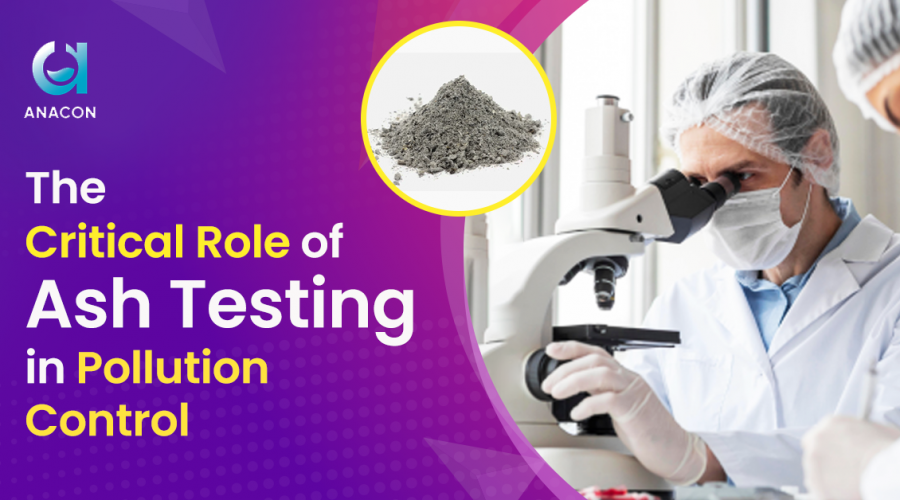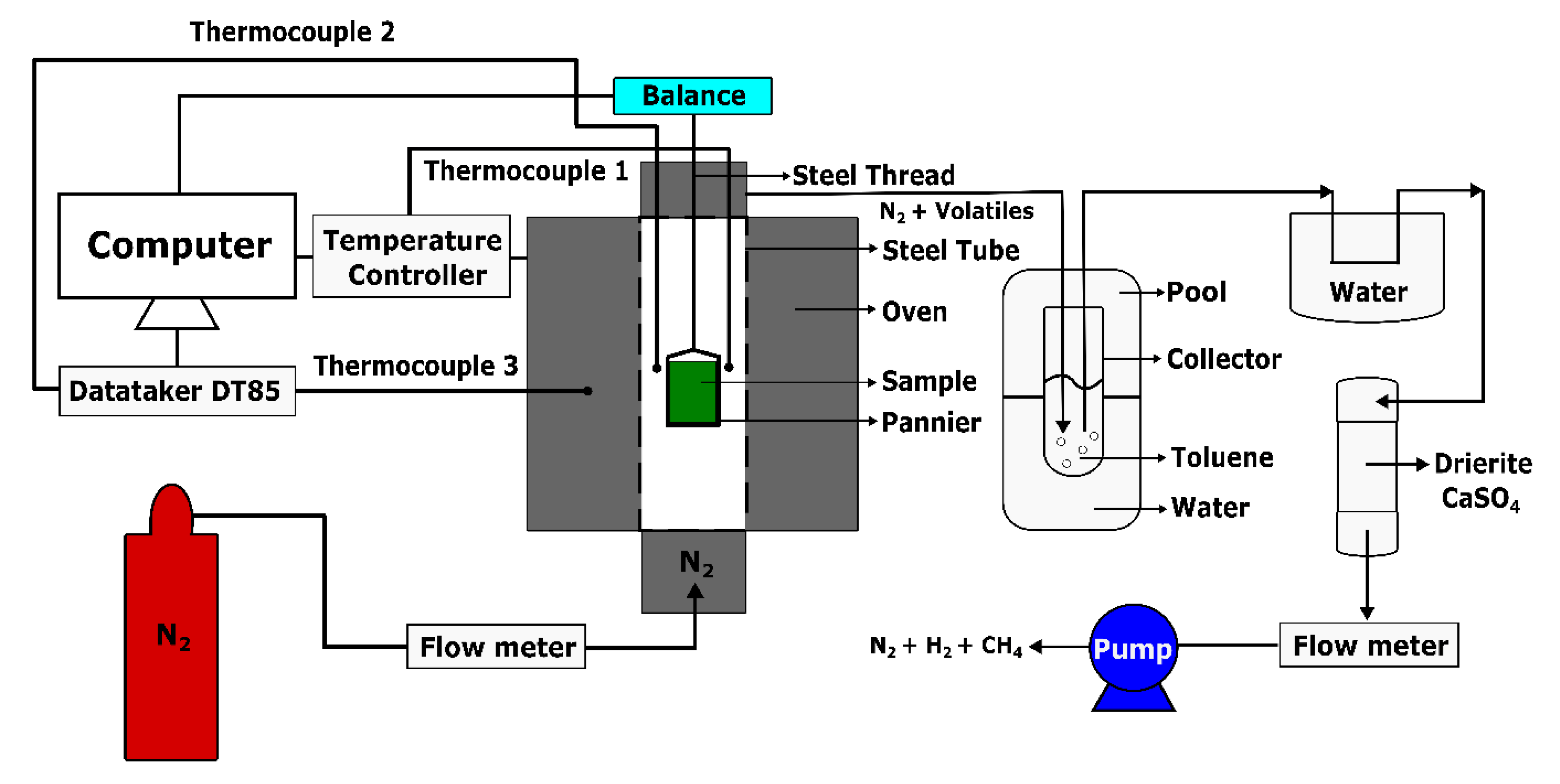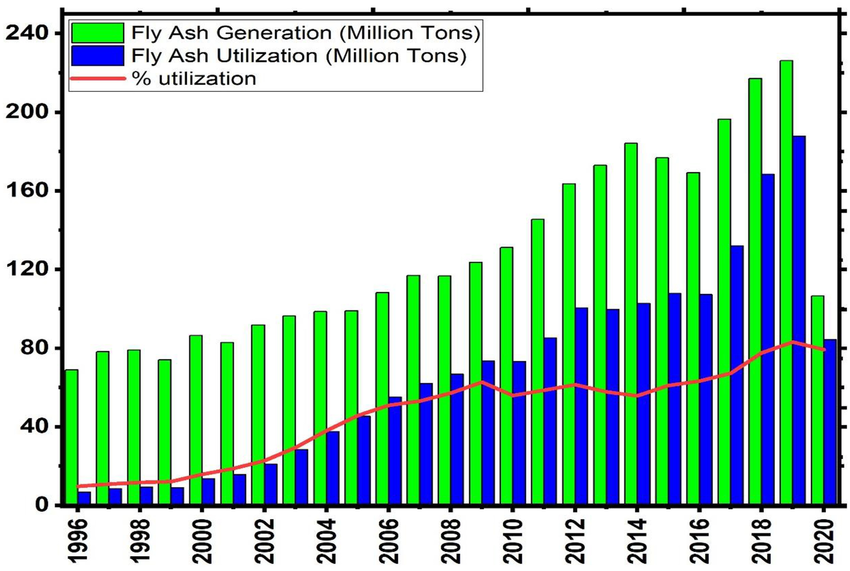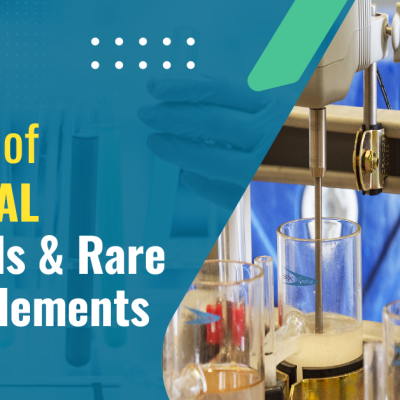
The Critical Role of Ash Testing in Pollution Control
The Essential Part Ash Testing Plays in Pollution Control
Have you ever wondered how businesses make sure they are not too damaging the environment? Investigating the techniques used to detect and regulate pollution is very vital given growing worries about environmental health and air quality. This blog will explore the crucial but often disregarded ash testing procedure and its significance in pollution management. By the conclusion, you will have a better knowledge of its importance and how it supports the preservation of a better, healthier surroundings.
Knowing Ash Testing: What Is It and Why Is It Important?
Analyzing the inorganic residue left behind after a sample burns is the essence of ash testing. This residue—also known as ash—can provide important details about the makeup of materials, including potentially dangerous compounds. In India, where industrial activity is strong and diverse, environmental protection and regulatory compliance depend critically on ash testing.
The many uses of ash testing in different sectors help to emphasize its importance. For example, coal-fired power plants generate plenty of ash in the energy industry. Frequent testing guarantees that produced ash satisfies environmental criteria and does not endanger human health or the surroundings. In the cement sector, too, ash test guarantee that the finished product is safe for use and assists in quality control.
Important Figures & Data: Ash Testing’s Effects on India
Let’s consider some striking facts to help us to value the important part Ash testing plays in pollution control:
-
Generation from Coal Ash:
The Central Electricity Authority (CEA) estimates India’s coal ash production in 2020–21 to be around 226 million tonnes. This number emphasizes the importance of strict ash testing procedures in order to control and minimize environmental hazards.
-
Environmental rules:
All thermal power plants are required by the Ministry of Environment, Forest and Climate Change (MoEFCC) to use at least 50% of their ash output in an ecologically beneficial manner. Ash testing guarantees that the disposal or use of ash does not damage the environment, therefore helping to monitor adherence to this rule.
-
Pollution Control
Studies on Pollution Control have shown that inappropriate fly ash disposal may cause major environmental problems including contamination of soil and water. Regular ash testing helps businesses find dangerous components including heavy metals (merchantable lead, arsenic, and mercury) and act to neutralize their effects.

Advanced Ash Testing Methods: Examining Closely
Technological developments have resulted in more advanced ash testing techniques that provide thorough understanding of Ash composition. Among these cutting-edge approaches are:
-
Elemental composition of ash is determined using X-ray fluorescence (XRF):
It is very good at spotting and measuring trace components, thereby guaranteeing that even few pollutants are found.
-
Inductively Coupled Mass Spectrometry (ICP-MS):
The sensitive technique ICP-MS used to find heavy metals in ash samples is monitoring adherence to strict environmental rules calls for this method especially.
These cutting-edge methods not only improve the precision of ash testing but also assist companies in creating more successful pollution management plans.
The wider influence of Ash testing: outside of compliance
Although a major component of ash testing is regulatory compliance, its advantages go well beyond satisfying legal criteria. Good ash testing may produce:
Better air quality:
Ash testing helps to lower air pollution by spotting and managing the release of toxic compounds, hence improving air quality and resulting public health effects.
Resource Recovery:
Ash, particularly fly ash, can be recycled and used in the construction industry, thereby reducing waste and promoting sustainable practices. For instance, a major ingredient in environmentally friendly cement manufacture is fly ash.
Financial Gain:
Industries may save money with appropriate ash management. By recycling ash, for instance, businesses may save disposal expenses and make extra money from sold recycled goods.
An essential instrument in the battle against pollution is ash testing. It ensures that industries operate within environmental guidelines, protects public health, and promotes sustainability. By adopting advanced ash testing techniques, industries in India can better manage their waste, recover valuable resources, and contribute to a cleaner, healthier environment.
If you’re looking to learn more about ash testing and how it can benefit your industry, visit Anacon Laboratories, a leading provider of comprehensive environmental testing services in India.






